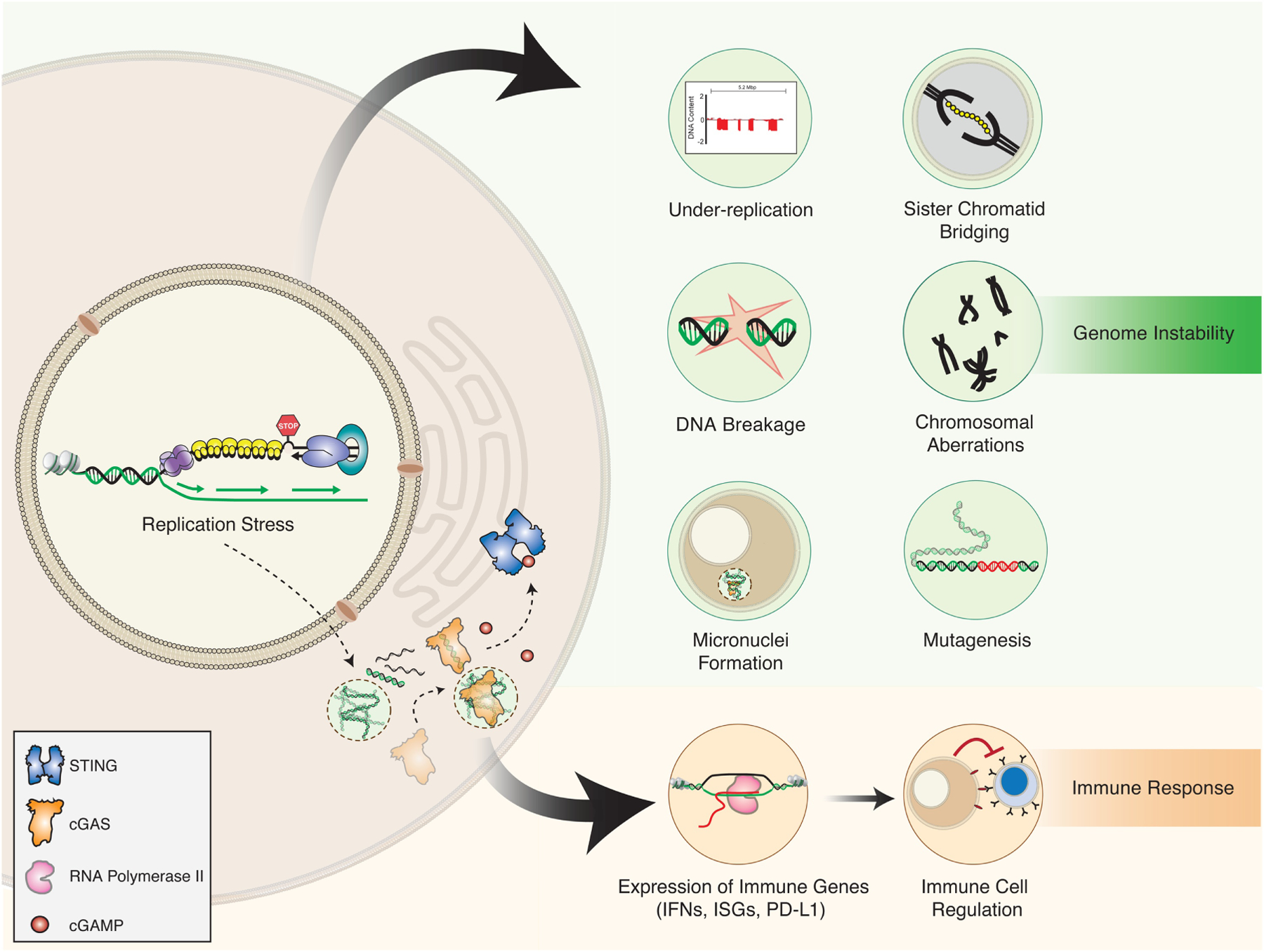Figure 3. Cellular effects induced by replication stress.

Failure to complete DNA replication due to replication stress results in under-replication and sister-chromatid bridge formation. If the bridges are not resolved during anaphase, the sister chromatids remain attached to each other, resulting in chromosome mis-segregation, lagging chromosome formation, or chromosome breakage. Chromosomal breakage and mis-segregation results in the formation of chromosomal aberrations. Chromosomal fragments or lagging chromosomes that fail to be incorporated into the daughter cell nucleus form micronuclei. Errors during DNA synthesis and DNA repair processes can result in the inaccurate duplication of the genome and mutagenesis. Cytoplasmic DNA fragments and micronuclei originating upon replication stress may be recognized by the cGAS-STING pathway, leading to the induction of interferons, immune stimulated genes (ISGs), and immune checkpoint factors (e.g., PD-L1). PD-L1 expression inhibits immune cell surveillance, leading to immune evasion and immunosuppression.
